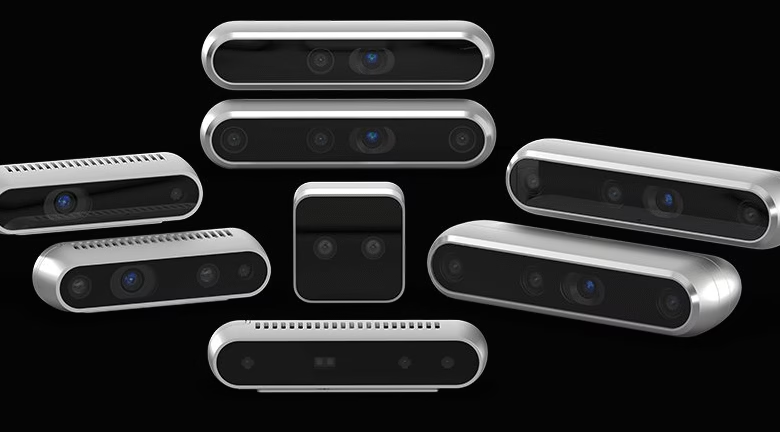Intel’s RealSense Spins Off to Expand 3D Imaging Tech

▼ Summary
– RealSense, formerly part of Intel, has spun off as an independent company specializing in stereoscopic imaging cameras for depth perception in robotics, drones, and autonomous vehicles.
– The technology combines dual-angle imaging and infrared light to enable real-time 3D understanding of surroundings, with applications like facial authentication and fish farm monitoring.
– CEO Nadav Orbach, a longtime Intel executive, led the spinout after identifying robotics as RealSense’s core market, following early experimentation in gesture recognition and other domains.
– RealSense raised $50 million in Series A funding from Intel Capital and others to expand its team and enhance safety features for human-robot interactions and access control.
– The company has over 3,000 customers and has seen growing demand due to advancements in AI, particularly in robotics applications.
Intel’s pioneering 3D imaging division, RealSense, has officially spun off as an independent company after more than a decade under the tech giant’s umbrella. The move marks a strategic shift for the business, which specializes in advanced depth-sensing cameras used across robotics, automation, and security applications.
RealSense’s technology relies on stereoscopic imaging, combining dual camera perspectives with infrared light to create precise 3D maps of environments. This capability is critical for autonomous systems, from warehouse robots to facial recognition platforms, helping them navigate and interact with the physical world more effectively.
Nadav Orbach, RealSense’s CEO and a longtime Intel veteran, emphasized the growing demand for real-time spatial awareness. “Machines operating in the real world need to perceive depth accurately to make decisions,” he explained. Orbach joined Intel in 2006 as a CPU architect before shifting focus to vision technologies, eventually leading the company’s disruptive innovation initiatives.
Originally developed for gesture recognition in consumer electronics, RealSense found its niche in industrial and commercial applications. Today, its cameras assist diverse sectors, including aquaculture, where they monitor fish populations, and food service, partnering with AI platforms like PreciTaste to track inventory in restaurants such as Chipotle.
The decision to spin off stemmed from rapid market growth. With over 3,000 customers and surging interest in AI-driven robotics, RealSense needed agility to scale. Intel Capital led a $50 million Series A round, alongside other investors, to fuel the company’s expansion. Funds will bolster product development, particularly in human-robot safety and access control systems.
Orbach acknowledged the challenges of transitioning from a corporate division to a standalone venture. “It’s humbling to step into the CEO role and raise capital independently,” he admitted. However, with a seasoned team and proven technology, RealSense is poised to capitalize on the booming demand for intelligent 3D perception.
For Orbach, the spinout represents more than a business milestone, it’s the culmination of years refining a vision. “This is a dream realized,” he said, confident in RealSense’s ability to redefine how machines interpret the world around them.
(Source: TechCrunch)